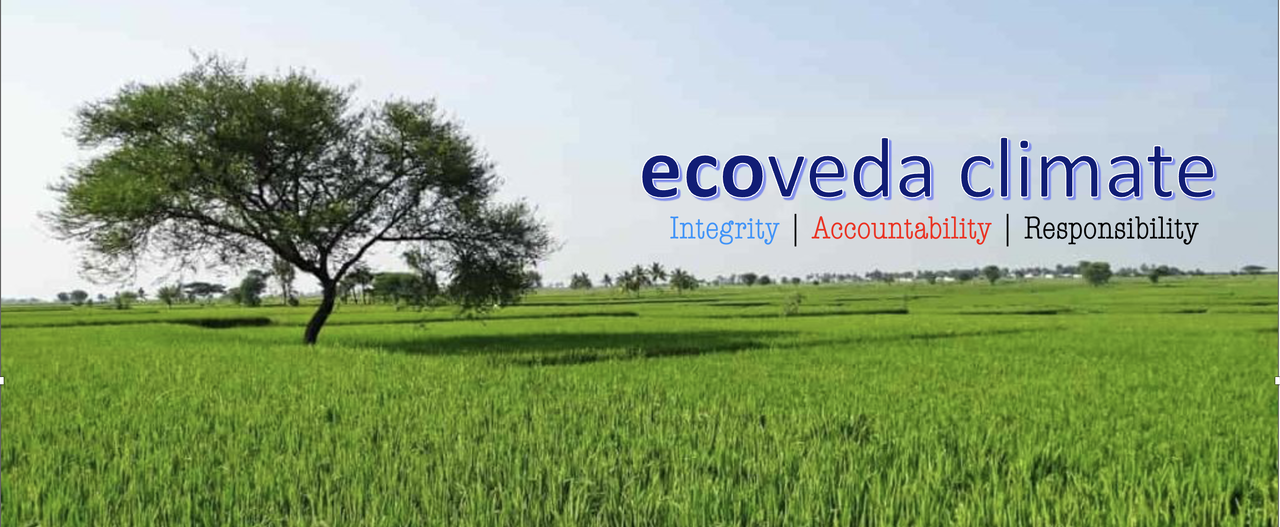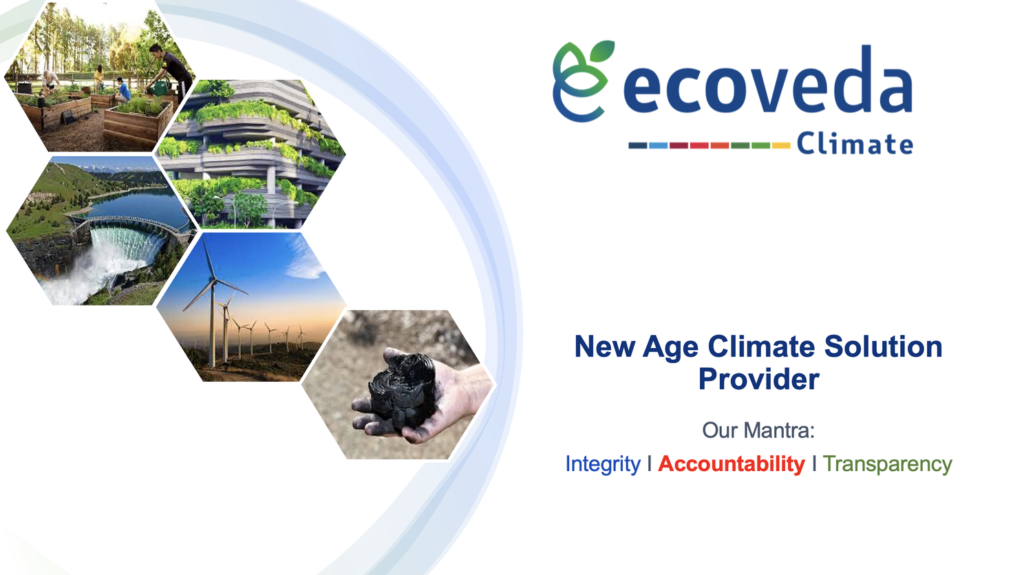
The urgency of addressing the perilous trajectory of greenhouse-gas emissions demands a profound re-evaluation of our prevailing models of land and energy use. A historical neglect of ecosystem services and the marginalization of local communities have led us to the precipice of an environmental crisis. The relentless pursuit of economic gain through the exploitation of natural resources—manifested in deforestation, overfishing, and fossil fuel extraction—has exacted a toll on our ecosystems, triggering alarming rates of species extinction, habitat destruction, and soil degradation. The undeniable reality is that our current level of exploitation is unsustainable, foretelling a catastrophic future unless we alter our course.
Foremost among the challenges we face is the surge in greenhouse-gas emissions, primarily attributed to the combustion of fossil fuels. This has disrupted the Earth’s carbon cycle, resulting in global warming and the consequential destabilization of our climate. The repercussions are manifesting globally through heightened frequency and severity of extreme weather events, from superstorms to prolonged droughts. Immediate action is imperative; otherwise, we risk navigating a future marred by unparalleled environmental and humanitarian crises.
Yet, a window of opportunity remains ajar. In the last decade or two, advancements in knowledge, technology, and resources have equipped us to craft a more sustainable and equitable world. What is now crucial is the intent and the framework to execute transformative change. Prioritizing the preservation of ecosystem services and empowering local communities to steward their environments are paramount to Ecoveda Climate. This necessitates a departure from conventional industrial agriculture toward regenerative practices that revive soil health and foster biodiversity. Simultaneously, a concerted effort is required to invest in renewable energy sources, severing dependence on fossil fuels. Nature-based solutions must be underscored, focusing on sustainable land management and agriculture practices.
Central to this paradigm shift is a profound rethinking of our economic development approach, placing heightened emphasis on the health of our planet and the well-being of the global community. Achieving these goals mandates collaborative efforts, urging all stakeholders—governments, corporations, and communities—to champion systemic change. Encouragingly, both governmental and corporate entities are beginning to hold themselves accountable for their actions, signalling a paradigm shift towards policies prioritizing environmental sustainability and social justice.
Supporting grassroots movements is indispensable, as they actively safeguard the natural world and fortify community resilience. In the relentless pursuit of profit, the preservation of the environment and the pursuit of social justice often take a backseat. Despite the seeming insurmountably, collective action remains Ecoveda’s most potent tool. By vocalizing our concerns, enhancing our understanding and that of others, and endorsing sustainable initiatives and businesses, ecoveda Climate, along with all our associated stakeholders possess the capability to reshape our world into one that is more just and sustainable for generations to come.

In envisioning a future where land and energy use harmonize with the natural world and greenhouse-gas emissions dwindle significantly, the imperative is clear. Empowering local communities, prioritizing planet health, and fostering global collaboration will converge to forge a brighter, more sustainable future.






